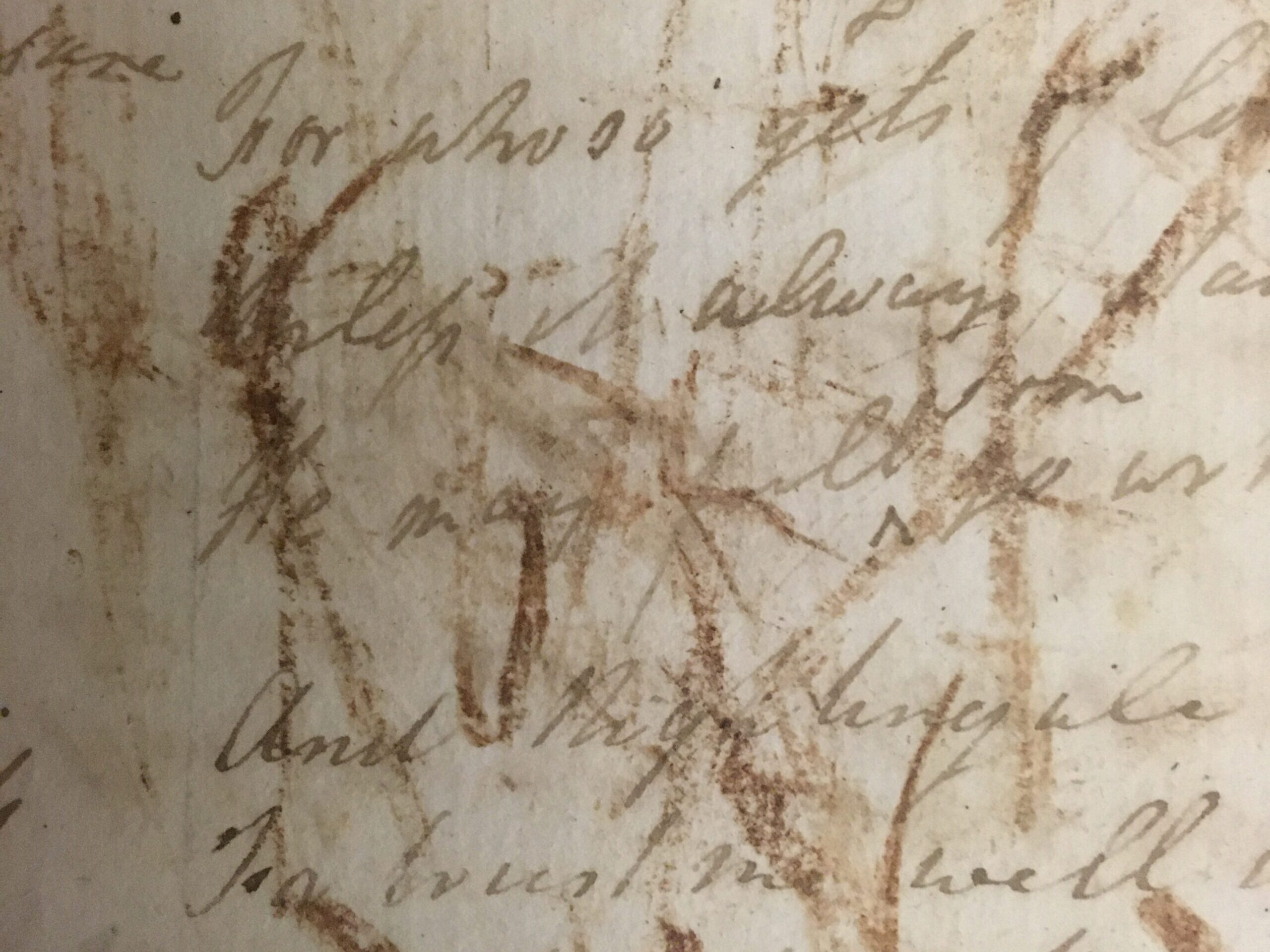Making a ballad in answer to Wordsworth’s poem Goody Blake and Harry Gill and the current energy crisis. Blogged by songwriter/musicians Matt Hill and Christine Johnson.
THE REVENGE OF GOODY BLAKE. Part 1
“When the ice our streams did fetter
Oh! then how her old bones would shake”
William Wordsworth from ‘Goody Blake and Harry Gill, A true story’. Lyrical Ballads 1798
As a Northern Hemisphere country, here in the UK, we all know the cold. But some of us know it better than others.
“ I once worked in an actual freezer. No one else wanted to do that job but I didn’t mind it,” the young man opposite me seems philosophical about it. A job’s a job right? Another person recalls a winter sleeping rough and tells me that the worst part wasn’t the cold winds but the hot sweats that would come and then freeze on your skin.
The people around this table have all experienced being homeless and all know what it is to be cold. Not just sleeping rough, but working in cold places, living in housing with no central heating, or sleeping in rooms where the wind would come through the windows hard enough to blow your things over.
We are discussing a poem written in 1798 by William Wordsworth. In it a poor old woman is desperately scouring hedgerows trying to find some wood to burn so she can keep warm. She’s too poor to heat her home with coal. But the farmer who owns the hedge is out to catch her. Eventually he does and she curses him “may he never more be warm”. The farmer lives out his days in the torment of being cold, no matter how many coats he wears. The guys around the table seem to like this one, they feel there’s a justice to it.
“It’s like a working woman has cursed the elites” says one and he laughs as his voice becomes a caricature of a Disney witch “you will always feel cold…ha ha…you will always feel cold”
By Matt Hill. Musician/Songwriter, March 2022

THE REVENGE OF GOODY BLAKE. Part 2
As I sit here typing, wrapped in an electric throw, in the hopes that it’s cheaper than putting the central heating on, I’m still aware of the cold ambient temperature of the room. The cold is distracting. A second cup of tea warms my insides. Whether you’re too hot, too cold or just right, the temperature has a profound affect on your physical, mental and emotional well-being. Persistent cold is exhausting. Sobering to think that the old woman in Wordsworth’s poem Goody Blake worked relentlessly but “twas hardly worth the telling, It would not pay for candlelight.” Over 200 years later, for some, the situation is not much changed.
Matt Hill (project songwriter) read the poem to the group and invited their thoughts about it and their own experiences of being cold. It was a lively and interesting discussion with unusual stories about what extreme cold can do to a person, like not being able to tell whether you’re actually hot or cold as your skin “burns.” Feats of enduring the cold by choice in an ice bath. Another man recalled his honeymoon in Estonia where the sweat from under his hat would trickle down his face and freeze his beard.
But, I come back to the reality of our current energy situation, which threatens to escalate unnecessary and dreadful inequalities in our apparently wealthy country. Over the centuries technology advances and living standards improve, but there remain people on the fringes of society, on the bottom rung, who lag behind, are forgotten, slip through the safety net, unnoticed or uncared for. The economic wealth of the country does not trickle down to them. It seems there will always be those left out in the cold, alongside Goody Blake.
By Christine Johnson. Musician/Songwriter. Back on Track, March 2022
Refuge from the Ravens is supported by the Heritage Fund. In 1798, Lyrical Ballads by Wordsworth and Coleridge sparked a literary revolution — poems in everyday language, telling of people on the margins of society. 200 years later, homelessness and social inequality are still with us and even on the rise. This project invited people with lived experience of homelessness and other vulnerable people to meet Wordsworth across time, replying in poetry, art and song in a Lyrical Ballads for the 21st Century.

